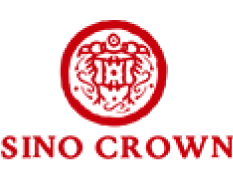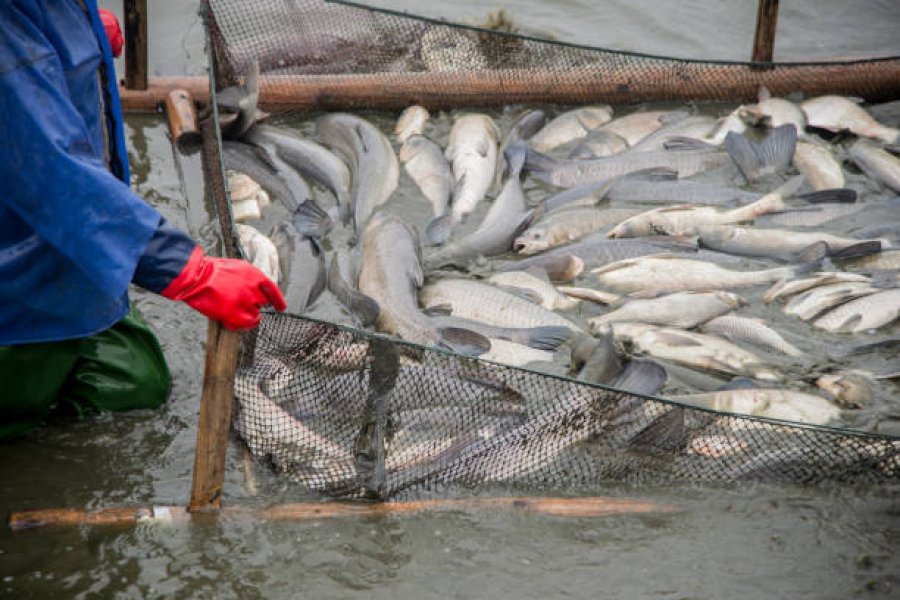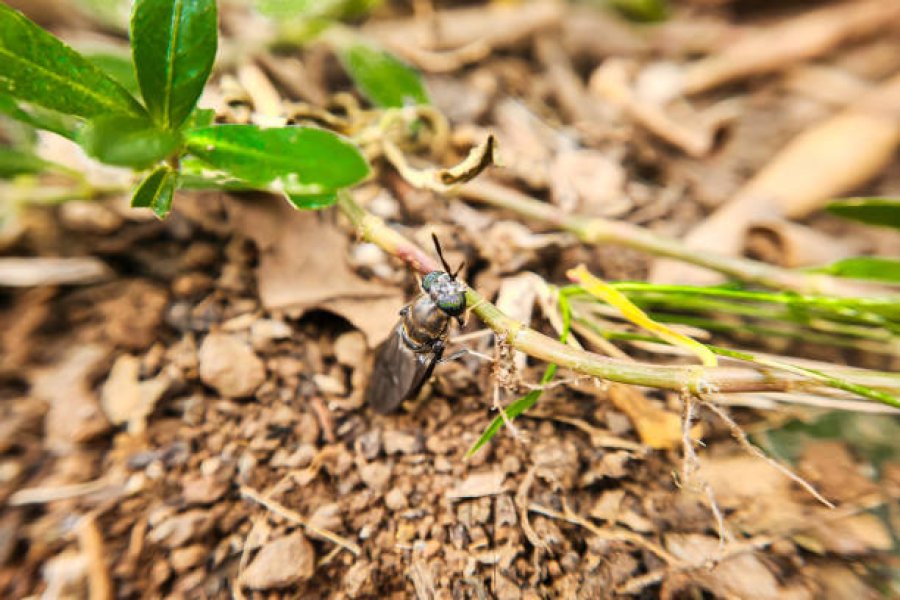Over the past decade, insect ingredients have transformed from a fringe concept to commercial applications in North American animal nutrition. Unlike the earlier global focus on idealistic insect agriculture, the North American market has taken a pragmatic approach, emphasizing animal nutritional value, regulatory clarity, and targeted applications.

 English
English Deutsch
Deutsch Español
Español Français
Français 日本語
日本語 한국어
한국어









